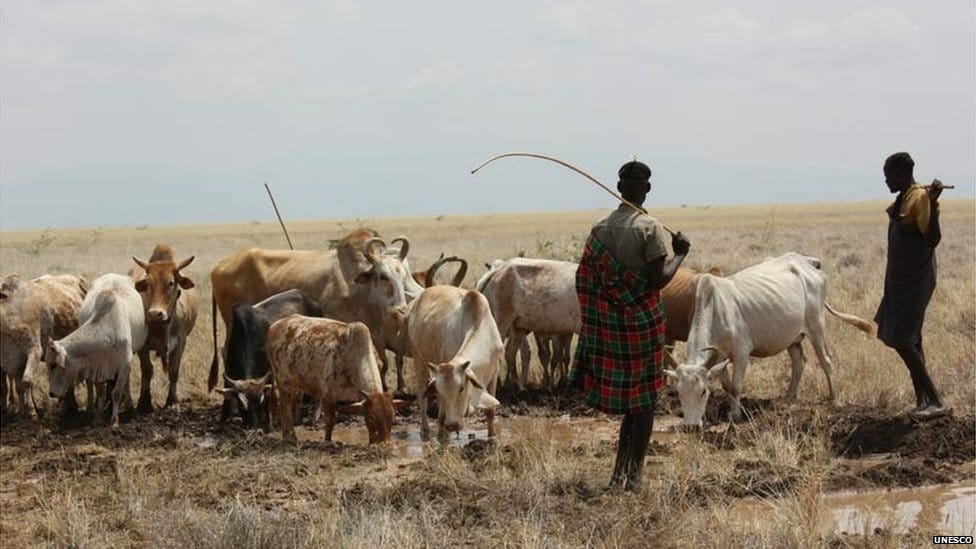- Miyetti Allah Cattle Breeders Association reveals over 15,000 pastoralists and 4 million cattle have suffered security threats in a decade
- MACBAN president, Baba Othman Ngalzarma, urges nuanced understanding of pastoralists, emphasizing disproportionate impact of security crises and unfair vilification
Miyetti Allah Cattle Breeders Association of Nigeria (MACBAN) has disclosed harrowing statistics. According to MACBAN’s National President, Baba Othman Ngalzarma, more than 15,000 pastoralists fell victim to a range of security threats over the past decade, including farmer/herder clashes, banditry, and kidnappings.
Addressing attendees at the Emergency National Executive Council Meeting in Paiko, Niger State, Ngalzarma highlighted another grim reality: over 4 million cattle belonging to pastoralists perished during the same period.
Ngalzarma emphasized the disproportionate impact of security crises on pastoralists, lamenting how they are often unfairly branded as culprits. “Despite being the primary targets of kidnappings, cattle rustling, and banditry, pastoralists are unjustly vilified,” he stated.
He underscored the misconception surrounding pastoralists, urging for a nuanced understanding. “While acknowledging the presence of criminal elements within our community, it’s unjust to paint all Fulanis as perpetrators,” Ngalzarma stressed.
Expressing gratitude to security forces for their efforts in combating insurgency and criminality, Ngalzarma urged strict adherence to rules of engagement. However, he voiced concerns over reported instances of excessive force, particularly the indiscriminate killing of livestock.
Furthermore, Ngalzarma called attention to the lingering issue of compensation for victims of past atrocities, urging authorities to prioritize their welfare. He also emphasized MACBAN’s commitment to addressing security challenges, announcing plans for a national conference to devise youth empowerment strategies and combat illicit activities among pastoralists.
Under Ngalzarma’s leadership, MACBAN aims to prioritize education and advocate for the maintenance of grazing reserves, highlighting the need for sustainable solutions to alleviate the plight of pastoralists.
